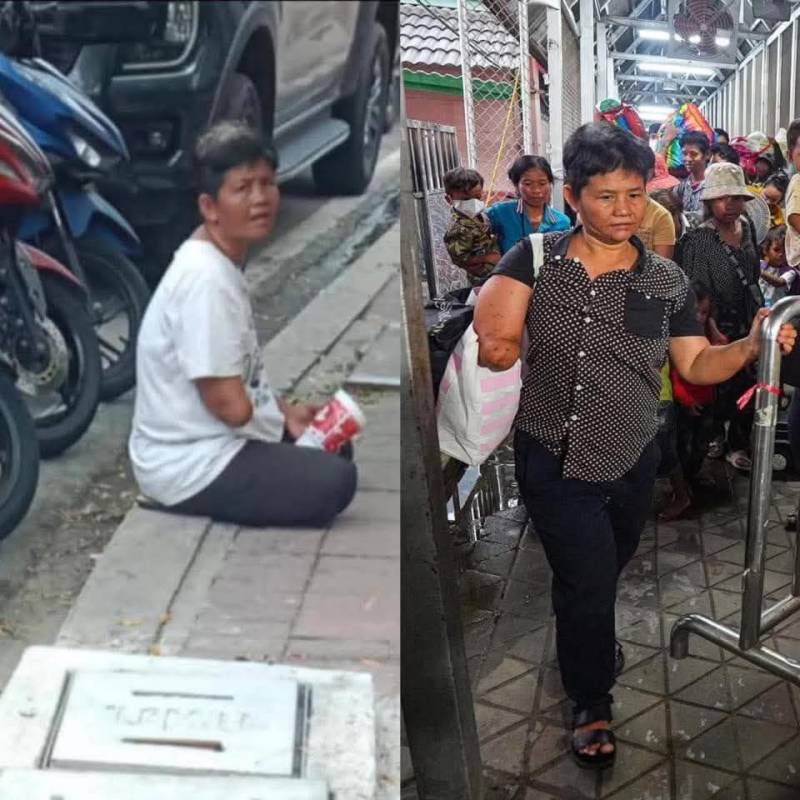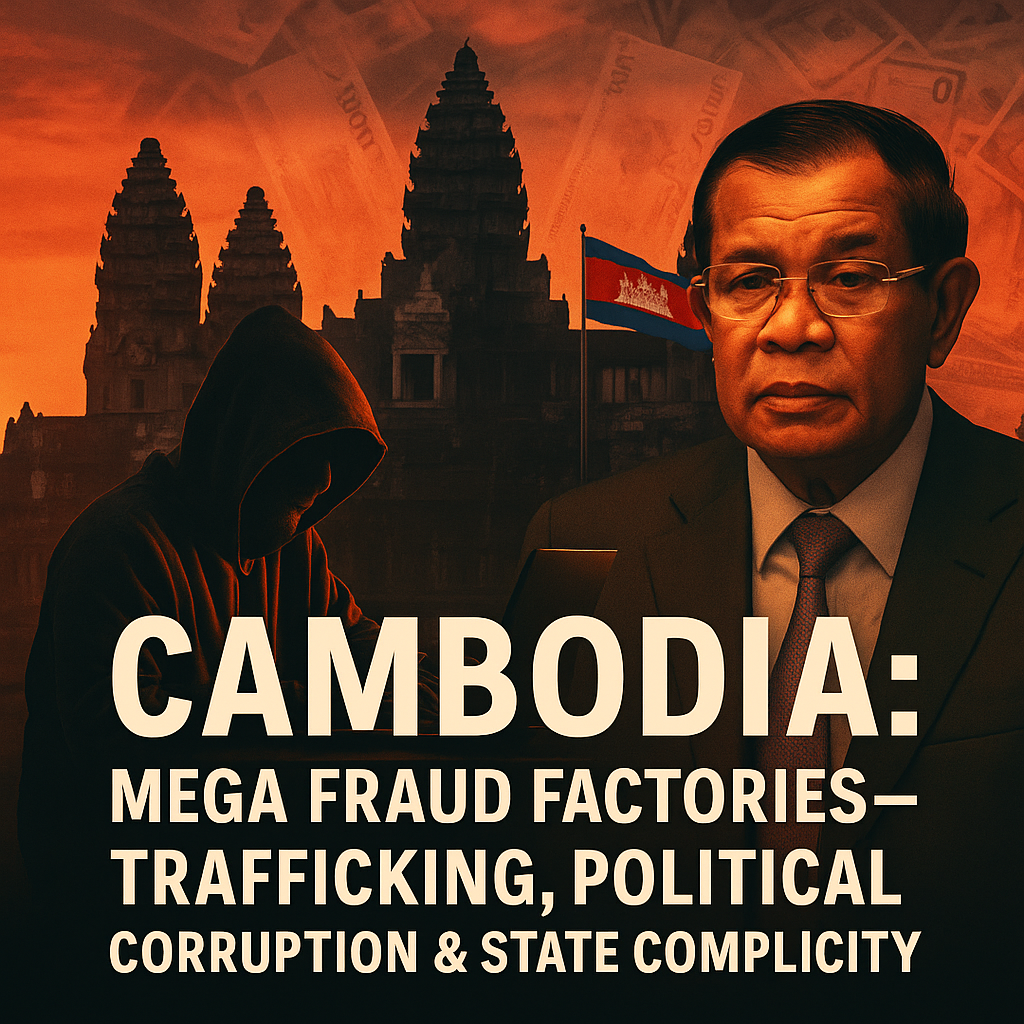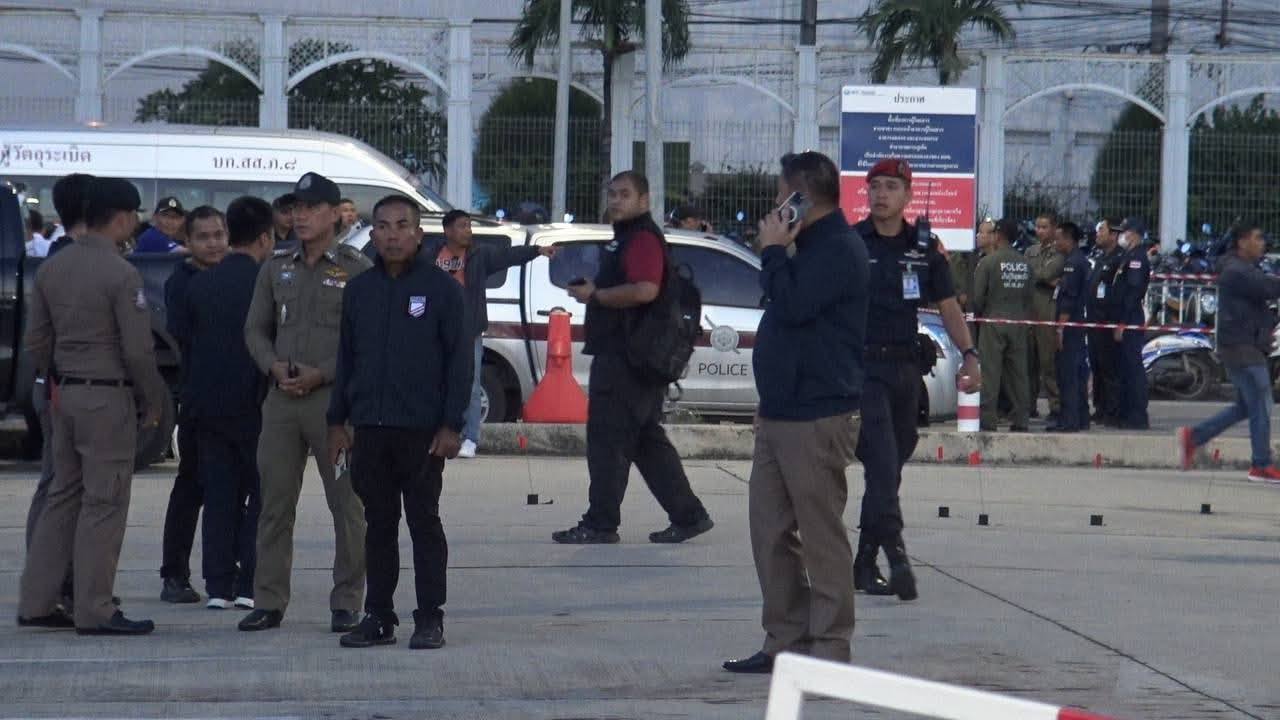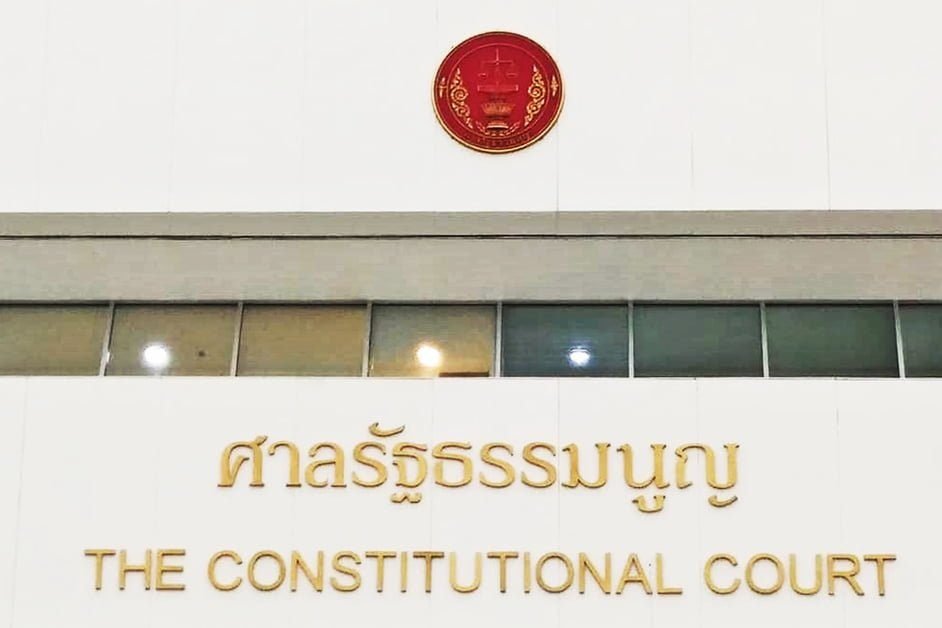1. Overview: Why Are Cambodian Beggars a Persistent Issue in Thailand? The phenomenon of Cambodian beggars in Thailand is not new, but has become more visible in the past decade, especially in major cities, busy intersections, tourist areas, and border towns. The root causes stem from both internal factors in Cambodia (poverty, rural economic disparity, lack of opportunity) and factors within Thailand (legal loopholes, urban wealth gap, demand for cheap labor and easy cash). 2. Syndicate Structure: How the Cycle Works Main targets: Children, women, the disabled, and the elderly from poor Cambodian provinces are recruited, deceived, or sometimes sent by their own families to beg in Thailand. Syndicate operations: Agents (middlemen) arrange the journey—using natural border crossings or bribing officials—and allocate strategic begging spots (major intersections, tourist hotspots). Organization: Beggars often live in groups in makeshift camps outside city centers, under the watch of a syndicate leader who collects a share of daily earnings, sometimes by force or threat. Illegal entry: Most enter via unofficial routes or through smuggling networks, sometimes even with quotas for high-traffic areas. 3. Multidimensional Impacts Urban/social impact: Public begging damages Thailand’s international image, causes discomfort for residents and tourists, and undermines trust in law enforcement. Human rights concerns: Many beggars—especially children and disabled people—are exploited, deprived of education, and subjected to neglect or even abuse. Health and safety: Beggars face poor living conditions, are exposed to health risks, and are vulnerable to other forms of crime or trafficking. Regional/policy tension: The issue strains Thai-Cambodian relations, raising questions on both countries’ commitment to child protection and human rights in international forums. 4. Legal Framework and State Response: Gaps and Challenges Thai law: The Beggar Control Act (2016) prohibits all forms of begging, regardless of nationality, with penalties of arrest and deportation. However, penalties are often
Read More













